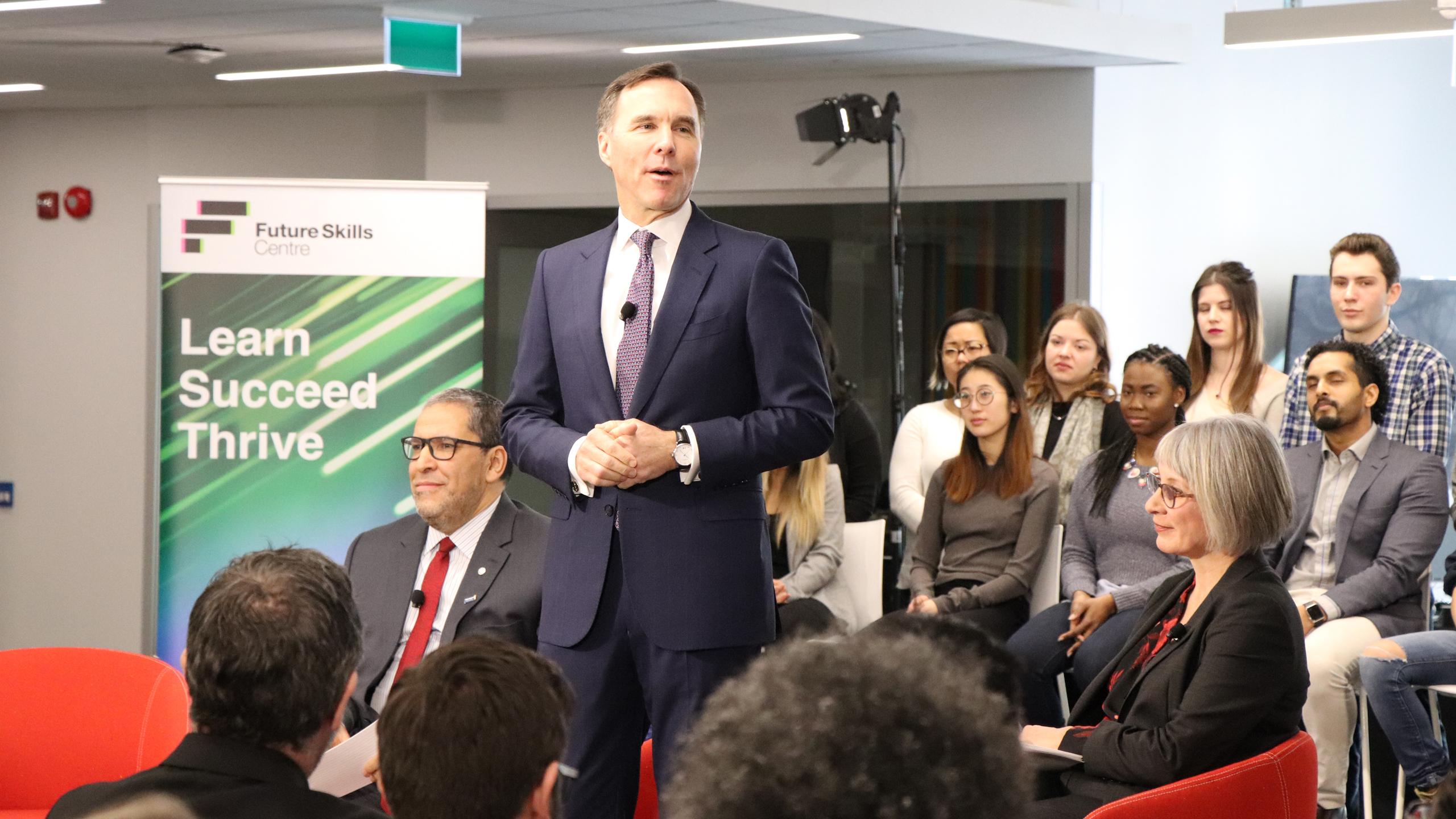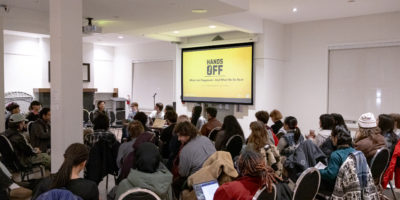By Dea Kodra
Ryerson University moved its office for the Future Skills Centre (FSC) to Regent Park a few weeks ago, Ryerson public affairs told The Eye.
President Mohamed Lachemi previously said the FSC, which will receive $225 million in federal funding over the next four years and $75 million each year after, was looking for a permanent home.
The FSC also put out its first call for proposals in early April, according to public affairs.
Because of the federal funding, Ryerson must start spending money on the projects this fiscal year, according to Lachemi.
Approximately 5,000 Canadians from coast to coast will engage with these projects to test solutions to skills development challenges, according to the centre’s website.
The search for an executive director is ongoing.
Wendy Cukier, the founder and director of Ryerson Diversity Institute which will be a part of the Future Skills Centre, says that the centre is supposed to build a network of partners and stakeholders that offer training and do research to help inform employer’s decisions.
The Diversity Institute is a large part within the centre which will focus on working with marginalized groups, such as women in technology, immigrant and refugees, racialized people, Indigenous people and people with disabilities, Cukier said.
The FSC is not necessarily a centre where people can go to and participate in workshops on employment skills, she said.
Lachemi said the FSC is not just about graduates straight out of school looking for a job, but also for those who are mid-career and need to be aware of the changes in their line of work.
The FSC has two main partners, according to Lachemi: the Conference Board of Canada and Blueprint.
He said there is also a consortium of 150 collaborators across the country.
But it’s not just for graduates of Ryerson that the centre wants to benefit. It’s for immigrants who have the skill set to get a job, but can’t land a position in their field, said Cutier.
The centre connects with an array of partners such as Shopify, YMCA Canada, Youth Fusion, RBC and many other organizations and universities across Canada.
It creates a link between these greater organizations so that they are the ones that are able to spread information to employers and employees.
“An approach that works in Toronto to help with diversity, might not work in Vancouver and vise versa,” Cutier said. “So the [Future Skills] Centre is driven on developing a large amount of research to benefit everyone across the country.”
The program is run through Magnet, which is the platform that links many of the organizations within the Future Skill Centre together.
Mark Patterson, who is the executive direction of Magnet, identifies the program as a network that works to help communities share information, services and opportunities nationwide.
With files from the News team













Leave a Reply